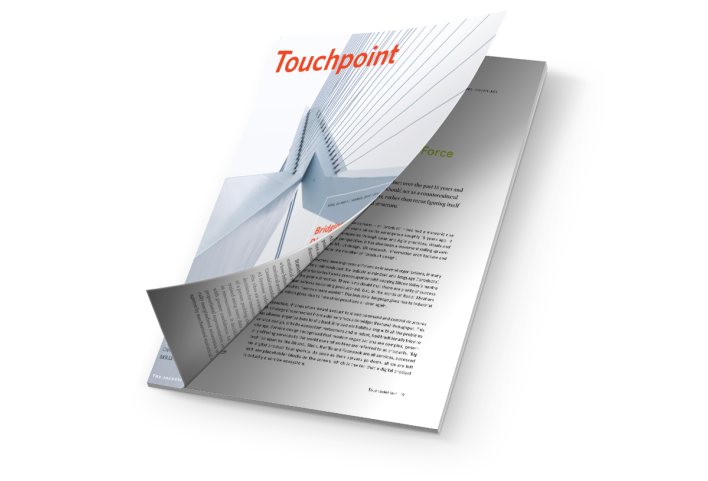
23 Touchpoint articles in this issue
Touchpoint overview

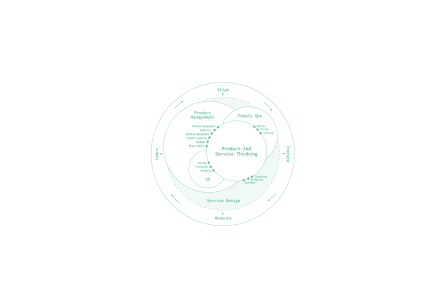
Beyond Feature Sets: Orchestrating Service Value Through Product Leadership
Beyond Feature Sets. Orchestrating service value through product leadership
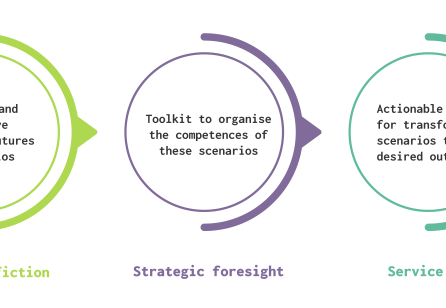
Science Fiction & Foresight: Service Design Beyond Tomorrow
The future isn’t a passive observer; it’s a canvas we actively paint through our actions in the present. By combining science fiction and foresight with service design, we can elevate futures thinking and service innovation to new heights.
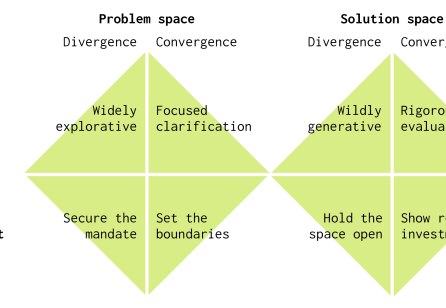
Creative Tension and Collaborative Intent
When product management is weak, service design fills the void at the expense of its focus on design quality. When service design is in short supply, product people make design decisions by default. But if both professions pay attention to their complementary roles throughout the service lifecycle, they can form a winning partnership.

Service Design as a Counter-Cultural Force
This article examines the rise of product over the past 15 years and argues that service design can and should act as a countercultural force in product-led organisations, rather than reconfiguring itself to match product’s cadence and structure.
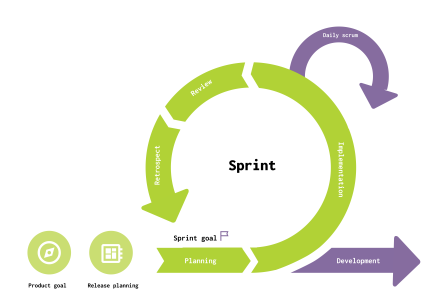
Service Design and Product Management in Growing Companies
Service design and product management are two disciplines that may seem distinct at first glance. However, upon closer examination, despite differences in methodologies and approaches, they share significant similarities in their objectives.
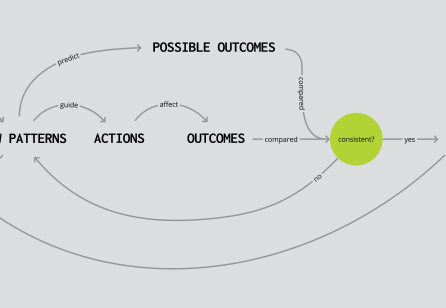
A Pattern Language for Service Experiences
Service design and product management often operate from different mindsets, leading to unspoken gaps in strategy and execution. Drawing inspiration from the fields of architecture and engineering, a pattern language exposes these hidden tensions and proposes guiding principles to teams throughout the organisation. By defining these patterns, organisations can build an ‘experience DNA’ that drives the continuous evolution of their service delivery.
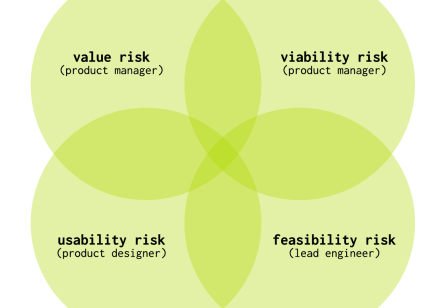
Collaboration for Better Discovery
Research practices can cause disagreement between service designers and product managers. Although both disciplines share many tools, tension and mistrust persist due to their distinct mindsets, which result in different ways-of-working.
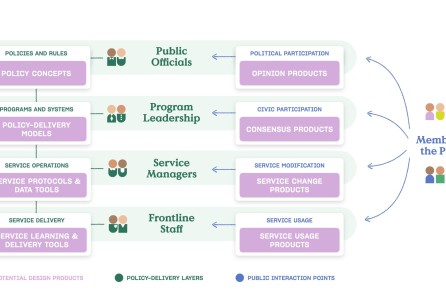
Balancing Human-Centred Design with Product Management
Public services affect the lives of nearly everyone, from getting a birth certificate to renewing a driver’s license to accessing retirement benefits. Despite their importance and ubiquity, however, public services can be exhausting to navigate. This is a challenge we tackle at the Public Policy Lab (PPL), a New York City-based nonprofit organisation that partners with US government agencies to improve public services. While our work applies service design to policymaking to improve users’ experiences, we also design the tools and products – from paper forms to digital platforms – that governments use to better deliver services to the public.
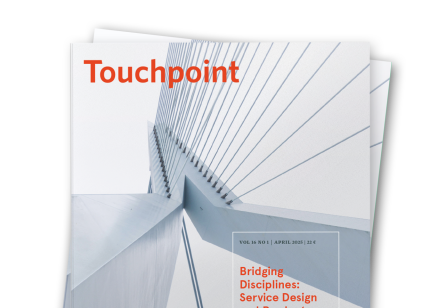
Where Service Design meets Product Management
In the dynamic world of design consulting, we often find ourselves at the crossroads of two influential disciplines: Service Design and Product Management. Both fields share a fundamental goal, creating value for users and organizations, but they approach this challenge through distinct methodologies. Service Design, with its systemic perspective, ensures seamless end-to-end experiences, while Product Management hones in on delivering tangible, feature-rich solutions within structured roadmaps.
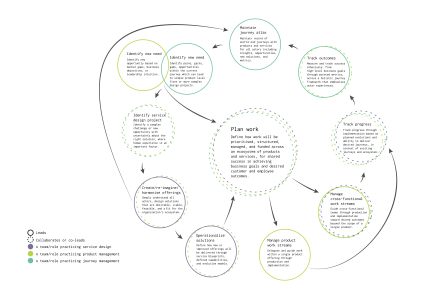
Service Design, Product and Journey Management Collaboration Model
Can service design, product and journey management achieve greater outcomes working together than one discipline alone? Or are our methods too competitive, destined for contention and funding battles? This article proposes a model for constructive collaboration and calls for more work designing governance models to support it.
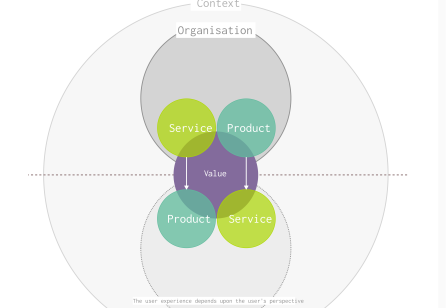
Bridging the Semantic Divide
Product managers often define a 'product' as something that delivers value to the user. Similarly, service designers often describe a 'service' as something that provides value to the user. This framing works well when discussing products or services in isolation, but it introduces ambiguity when both co-exist in an organisation. This raises key questions:
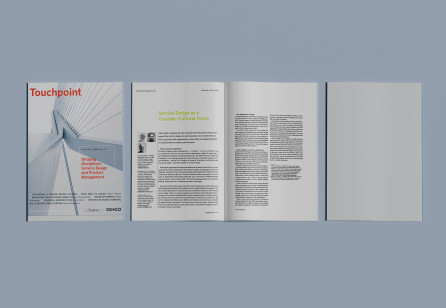
Service Design in Product-Led Organisations
Having led teams in both service design and product for over 15 years on the agency side, I am aware of my bias. I believe service design and product teams share more than their distinct labels suggest. To help challenge my views and gather practical advice, I invited five experienced service designers to contribute their insights.
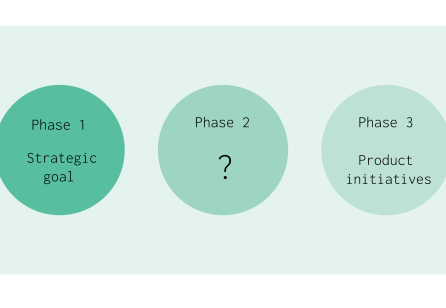
Service Design and Product Management Walk into a Bar
Organisations’ growing attention to Customer Experience (CX) is mainly driven by the financial advantages it creates. Superior CX leads to higher levels of satisfaction, loyalty and advocacy, yielding higher margins and reducing sales costs. The growing adoption of NPS (Net Promoter Score) as a key metric and strategic driver is a clear consequence of this trend. This renewed attention to CX has led to a wider adoption of service design in organisations. Yet, aspects of organisational realities may hamper service design’s customer-centric approach. In that context, product management’s pragmatic take might be timely and relevant.
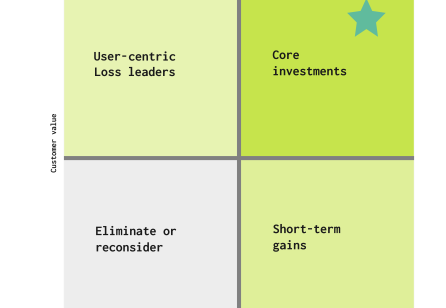
Bridging Design and Product Perspectives
Innovation thrives at the intersection of disciplines. Just as ecotones – the area where two ecosystems meet – foster unique species and incredible diversity, forming a diverse team is the top predictor of increased solution quality and implementation success.1 Collaboration between service designers and product managers can lead to novel solutions that balance customer needs and economic sustainability. However, misalignment often arises when designers focus on user experience, while product managers prioritise financial viability. Collaboration stalls, frustrations arise and users suffer with suboptimal solutions.
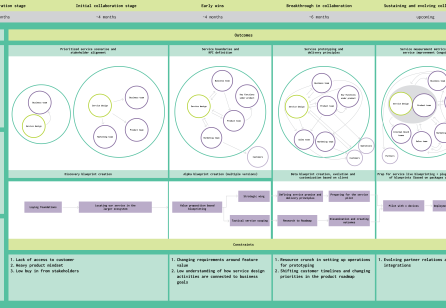
Outcome-Based Collaboration Strategy for Designing a Hardware-as-a-Service
RideBuddy is a unique intrapreneurial initiative within Bosch, a multinational engineering and technology company based in Germany. Unlocking value and demonstrating service design impact wouldn’t have been possible without a well-developed collaboration strategy. In this article, we present our learnings on how collaboration was built from the ground-up and has been evolving while designing a Hardware-as-a-Service (HaaS) within a product organisation.
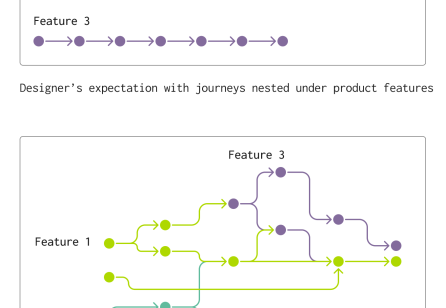
Failures and Wins of Service Design in Product Organisations
You start to work with a well-known large product company, excited to see how the magic behind the curtains happens. On your first day in the project, you get an invitation to a one-and-a-half hour ‘Product topic kick-off workshop’ video call. The meeting, originally planned for six people, now has 17 invitees and no agenda. Nonetheless, you’re eager to start the collaboration. After the meeting, you are still not sure what the product topic is about, who were the people that were talking most of the time and what the next steps are.
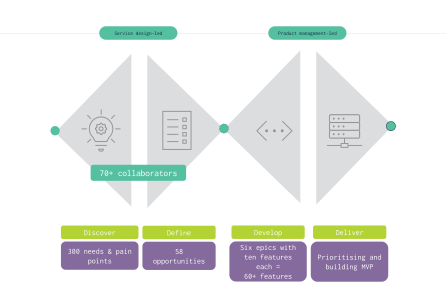
Enriching Outcomes through Service and Product Design Partnership
Service design and product management can and should collaborate seamlessly, but we all know that in complex organisations sometimes this can be hard to achieve. As a collective of in-house service design and product leaders, we’ve reflected on our experiences and documented our learnings from a recent global project. In this article we share our overall learning that effective teamwork and clear communication between the disciplines should be established from the start.
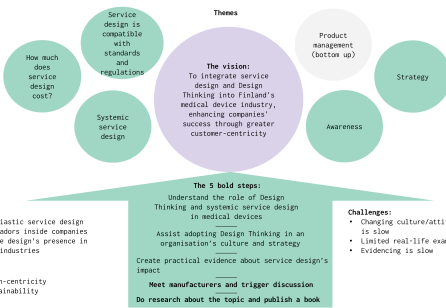
Service Design in Medical Device Product Management
Bold vision, interdisciplinary collaboration, seamless navigation between frontstage and backstage activities and facilitation – these are examples of common traits of both service designers and product managers. These two roles have the potential to form a powerful partnership in human-centred medical device innovation and manufacturing. By operating at the intersection of diverse organisational functions, they align customer needs with company objectives, driving impactful solutions.
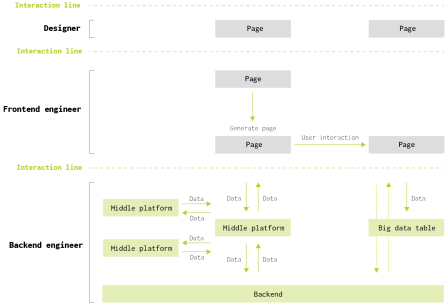
Agile Service Design with the Product Management Blueprint
Agile development and service design share iteration and co-creation principles in modern internet contexts (Stickdorn et al., 2018; Stellman & Greene, 2014). This article presents the Product Management Blueprint, an optimised service blueprint that strengthens cross-functional communication and product management. A case study shows how it addresses technical gaps for service designers, enabling seamless collaboration and faster delivery.
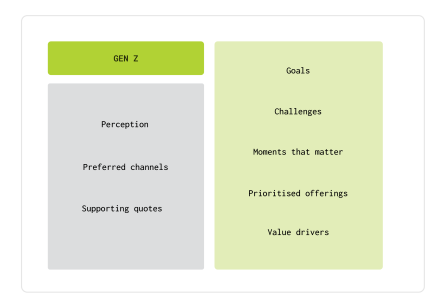
Designing for Future Adopters
What if your most valuable users were the ones you’ve never designed for? This article explores how recognising 'future adopters' – often hidden within shared plans – can unlock transformative value. Drawing from a case study with 100 million subscribers, we reveal strategies to engage these overlooked, high-impact users.

The Future of Service and Product
Integrating service design and product management is more critical than ever as organisations navigate complex customer experiences and technology ecosystems. While these disciplines share the goal of delivering seamless, high-value results, they approach it differently. Service designers focus on holistic, user-centred experiences, while product managers emphasise execution, scalability and business impact. Without alignment, these differences can lead to inefficiencies, friction and missed opportunities. At the leadership level, both disciplines can be undervalued and siloed, leading to misaligned execution. At the team level, competing viewpoints – systems thinking versus Agile execution – create unnecessary friction.

Meet the SDN Award Head of Jury: Luis Alt
In this interview, Touchpoint Editor-in-Chief Jesse Grimes speaks with Luis Alt, a founder of the Livework studio in São Paulo, a pioneer in service design in South America and a longtime member of the SDN Award jury. As he steps away from his Head of Jury role, he reflects on the value of the Award for the service design community.

Editors Letter
In late 2018 I was invited to a talk by Marty Cagan, who was already established as a guru of product management. I’d become interested in the overlaps and differences between product management and service design in the previous year, and eagerly attended.


